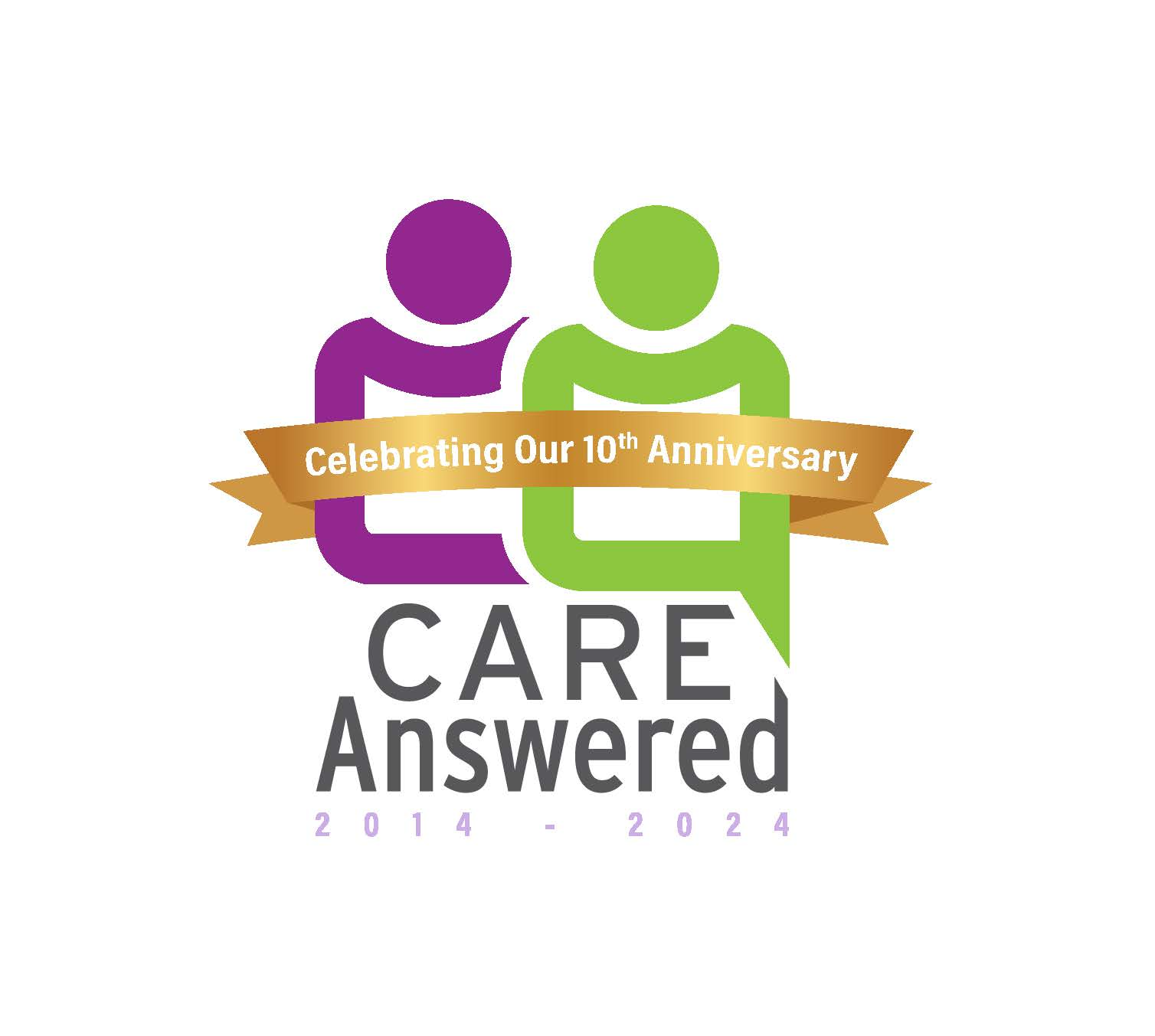The word “hospice” sometimes has negative connotations. People may associate it with end-of-life and all of the emotions that can conjure.
But hospice care can help make this period of time less stressful, more peaceful, and more comfortable for both patients and families. So what exactly is hospice care and what can it provide?
Hospice care may begin at a point when patients diagnosed with life-limiting illness are no longer seeking treatment to cure their condition. Instead, they have reached a stage of illness where symptom control and quality of life are the main goals.
When is the right time to begin hospice care?
Generally, patients may consider hospice care when:
- They are no longer receiving curative treatments
- Their prognosis is six months or less
Where is hospice care offered?
Hospice care may be provided in a number of settings:
- At home
- At an inpatient hospice facility
- In a long-term care facility or nursing home
- In the hospital
Who provides hospice care?
Depending on the hospice agency you select, your hospice care team may include some or all of the following:
- A physician specializing in end-of-life care
- A registered nurse
- A case manager
- A social worker
- Home health aides
- Pastoral care staff (spiritual counselors who are affiliated with your religious faith)
- Volunteers
- Physical, occupational or speech therapists
When available, family caregivers play a key role as part of the integrated care team during this time. Hospice workers often provide grief counseling to family members once their loved one has passed.
How is hospice care paid for?
Hospice care is covered by:
- Medicare – with no deductible
- Medicaid – in most states
- Private insurance – check with your carrier
- Tricare – for military families
Plan ahead
Electing to begin hospice care is a momentous and often emotional decision. Discussing your end-of-life wishes far in advance can help make the decision-making process easier for all involved. These conversations don’t have to be as challenging as we think and can alleviate the stress of choosing when to begin hospice or which setting to select when the time comes.
It is important to understand that there are multiple hospice providers. Some are affiliated with hospitals and health systems, while others are independent. Each may offer different types of services.
For additional information or assistance with beginning hospice care, reach out. We are here to help.
Care Answered now offers our Care Control Partners program to provide assistance and handholding specifically for advanced planning. We can walk you though all advanced directives, help you determine who in your care community (loved ones) to select to voice your decisions if you cannot, facilitate those conversations and more. Contact us for more information: [email protected]

